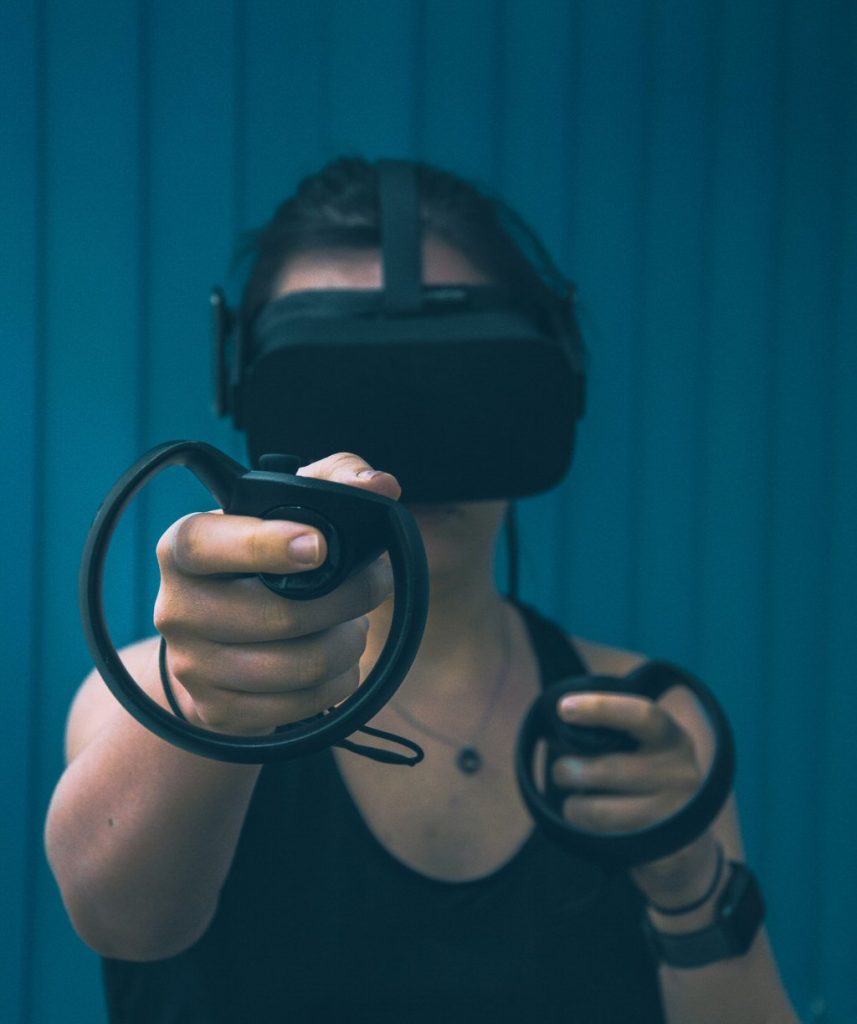by Wenbo Li, Liangbin Yang, Xinke Leng, Weikun Liu
The International Journal of Electrical Engineering & Education, July 2020
Abstract:
With the theoretical and technical progress of Wushu education, the traditional teaching method of oral instruction and demonstration can no longer satisfy the needs of current Wushu education. To address this issue, the concept and basic characteristics of virtual reality technology were interpreted, and the effective path and challenges of applying virtual reality technology in Wushu education. The results of this study show that virtual reality technology contributes to the concrete presentation of implicit knowledge in Wushu, the construction of virtual scenes in Wushu education and the realization of a simulated self-learning system in Wushu. In the meanwhile, the application of virtual reality technology in Wushu education faces the challenges of high virtual reality equipment investment, three-dimensional modeling difficulties, huge data volume of Wushu movements and side effects after the experience of Wushu, etc.
Photo by Christine Sandu on Unsplash


